As whole genome sequencing (WGS) becomes increasingly accessible, it raises several ethical and regulatory challenges that must be carefully addressed. Key issues include protecting the privacy of genomic data, ensuring proper informed consent, and determining the responsible approach for returning results to patients and research participants.
Data Privacy Concerns
An individual’s genome contains a trove of highly personal information, including predispositions to certain diseases, ancestral origins, and other traits. The potential misuse of this data by employers, insurers, or governments to discriminate against individuals based on their health risks underscores the need for robust security measures and policies to prevent unauthorized access.
There are also concerns about the potential for genetic data to be re-identified, a process that involves matching an individual’s genetic data with their personal information, such as their name or address. Even if names or other identifiers are stripped away, certain DNA sequences are so unique that they could allow for the tracing of individuals through database cross-referencing. Practices like adding noise to genomic data may be needed to further obscure identities while still allowing useful analyses.
Regulations governing genomic data storage, sharing, and usage are still evolving. Efforts are underway to develop best practices and address ongoing challenges in the responsible use of genomic data. In the United States, the Health Insurance Portability and Accountability Act (HIPAA) protects health data privacy, but its rules may not squarely address many issues raised by WGS. Other initiatives, such as the Regulatory and Ethics Work Stream through the Global Alliance for Genomics and Health, are actively working towards solutions.
Informed Consent Challenges
A core principle of biomedical research and clinical testing is that individuals must give informed consent before participating. However, informed consent raises challenges in the genomics age when WGS data may be used for a wide range of future studies beyond the initial intended purpose.
Participants need to be made aware that their genomic data could live on indefinitely in databases and be shared and reused in ways that are currently unknown. There are open questions around what constitutes a truly informed consent process—how much detail is required, what reasonable guarantees exist around future uses, and whether a tiered or meta-consent model may be more appropriate. A tiered consent model could involve participants giving consent for different levels of data sharing, while a meta-consent model could involve permitting the use of data in certain circumstances.
For example, the Personal Genome Project asks participants to agree to their WGS data being publicly available online. This approach maximizes the scientific utility of the data but may not align with privacy expectations for many individuals.
Debates Around Returning Results
As WGS becomes more affordable and widely used, questions emerge about which results should be disclosed to participants and patients whose genomes are sequenced for research or clinical purposes. There are reasonable arguments on both sides of this debate.
On one hand, some argue that all results should be disclosed regardless of their clinical significance to respect individual autonomy. Research has found that most people want to receive results related to serious health conditions if uncovered incidentally through sequencing, even if unrelated to the original reason for testing. They feel they have a right to this potentially life-saving information about health risks they were unaware of.
The opposing perspective argues that only results with clear clinical implications should be disclosed. In many cases, genomic results can be complex, incomplete, and of uncertain clinical relevance. Receiving inconclusive data could potentially cause anxiety and lead to unnecessary follow-up testing and screening procedures. There are also concerns about how to educate and counsel participants properly so they fully understand the nuances of the genomic data they receive.
With no universal guidelines in place, different institutions take divergent approaches. The American College of Medical Genetics recommends returning results only on a specific list of highly actionable genes that could lead to a clear course of action, such as a change in medication or lifestyle. Others favor a more open model of giving patients the choice of what results they receive.
Commercial WGS services are another regulatory gray area. In the United States, the FDA has approved some activities, like carrier screening, but not blanket genomic analysis unattached to specific clinical indications.
Perspectives From the Public
Ultimately, considering public perspectives is essential in shaping policy decisions around WGS, as their genomic data and rights are under consideration. Social science research has found a range of views but an overall desire for policies that prioritize individual choice and control over their data.
A 2021 survey found that 68% of respondents felt people should be able to access and share a copy of their genetic data, but 80% believed sharing an individual’s WGS data without their consent was inappropriate. Regarding the return of results, about 60% wanted to receive findings related to treatable diseases, but only half wanted results on untreatable diseases.
Studies have consistently found higher public trust in policies and governance developed through a transparent process with input from multiple stakeholder groups, including members of the public. Clear communication around risks and benefits is key to building that trust.
As WGS increasingly becomes a part of routine healthcare and research, striking the right balance among personal privacy, autonomy rights, and scientific progress will remain an ongoing challenge for policymakers, the biomedical community, and the public to navigate together.
Sources:
Global Alliance for Genomics and Health (2015) Genomic Data Policy Scoping Document. https://www.ga4gh.org/wp-content/uploads/Data-Policy-Scoping-Document.pdf
Kaye J, et al. (2022) Public Perspectives Towards Data Sharing and Return of Results from Whole Genome Sequencing. Journal of Medical Ethics, 48:1. https://jme.bmj.com/content/48/1/41
Niemiec, E. & Howard, H.C. (2016) Ethical issues in consumer genome sequencing: Use of consumers’ samples and data. Applied & Translational Genomics, 8:23-30. https://doi.org/10.1016/j.atg.2016.01.005
Stark, Z. et al. (2019) Understandings of return of genomic results: exploratory study of stakeholders in Australia. European Journal of Human Genetics, 27:1247–1255. https://doi.org/10.1038/s41431-019-0394-9


